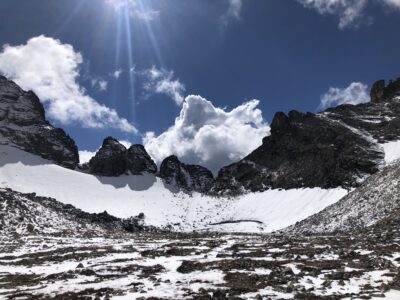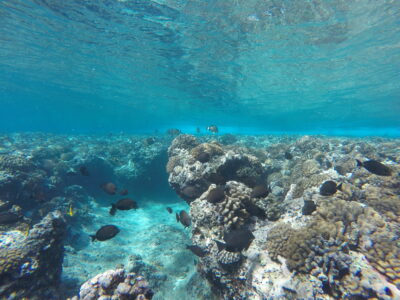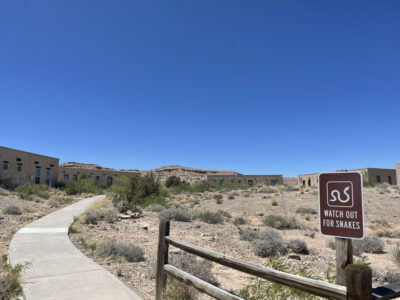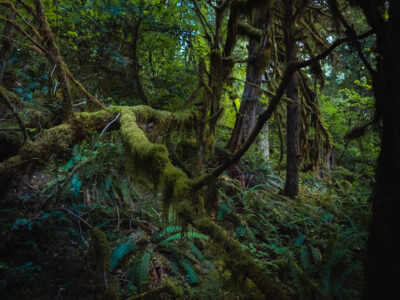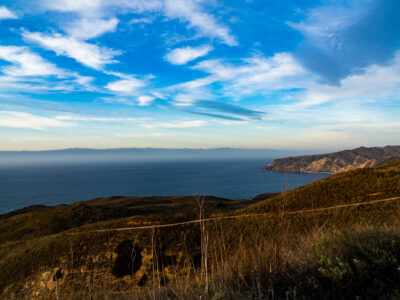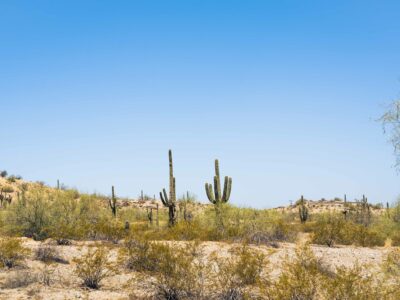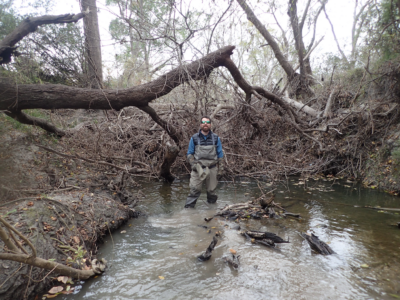Forest understory biodiversity and climate change
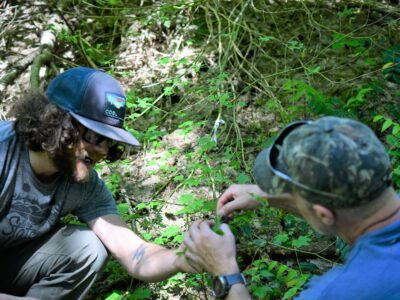
Pacific Northwest forests contain some of the largest reserves of forests on the planet, but many questions remain unanswered about how drought and heat stress from climate change will change forest dynamics and biodiversity. RETs on this project will track understory plant populations and quantify interactions among the many important and diverse plant species in these understory ecosystems.

